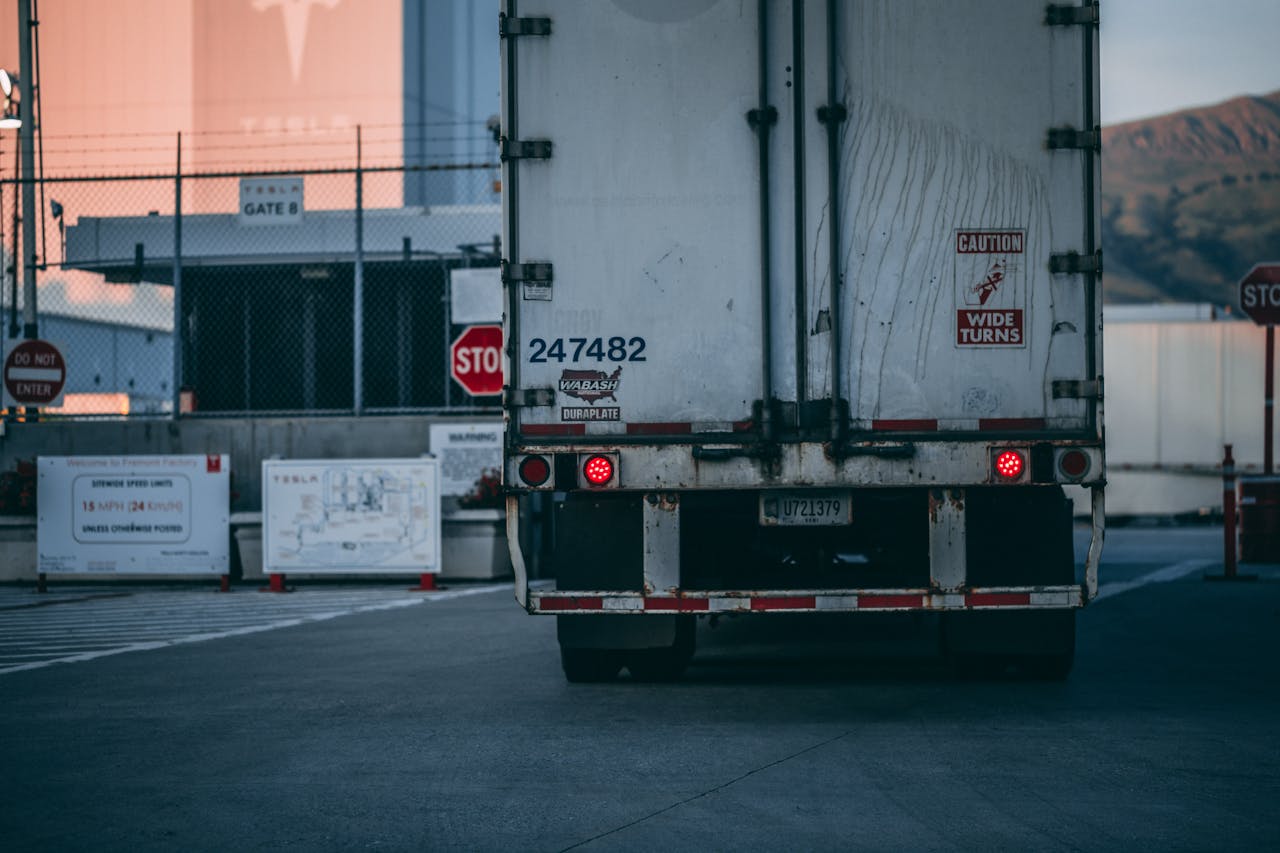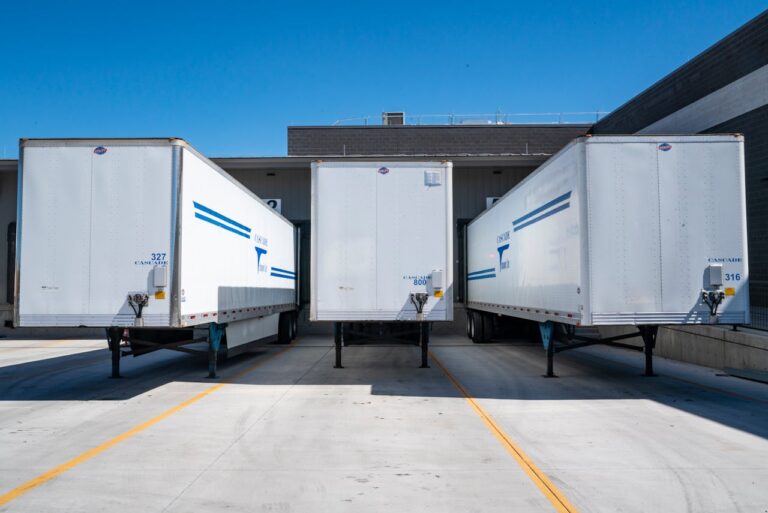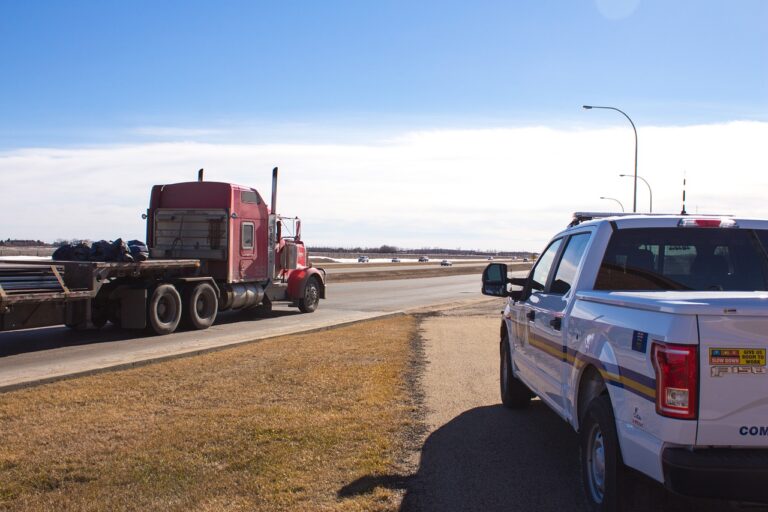Holiday Cargo Thefts Escalate Across U.S. Supply Chains
The U.S. trucking industry is grappling with a significant rise in organized cargo thefts during the holiday season. Criminals are leveraging systemic vulnerabilities to steal high-value goods, with CargoNet reporting a 14% increase in incidents during the third quarter of 2024, totaling 776 events across the U.S. and Canada. Losses from these thefts amounted to $39 million in that period alone, underscoring the growing threat to supply chains.
Sophisticated Tactics
Organized crime rings are using advanced methods to impersonate legitimate trucking companies. By falsifying credentials, contracts, and communication, they have successfully diverted shipments of electronics, holiday merchandise, and other valuable goods. In one high-profile case, criminals posing as a carrier diverted over $1 million worth of holiday toys originally destined for a retailer’s distribution center. These schemes exploit gaps in identity verification, relying on weak protocols and insufficient cross-checking among supply chain participants.
High-Risk Areas and Targeted Goods
California, Texas, and Florida have emerged as hotspots for cargo theft, with urban centers like Los Angeles, Dallas, and Miami seeing the highest concentrations of incidents. Thieves are targeting high-value, easily resellable items, including electronics, auto parts, alcohol, and luxury goods. The holiday season heightens the risk as shippers handle larger volumes of valuable cargo, and staffing levels are reduced at some facilities.

Insurance and Liability Challenges
While many losses are insured, disputes over liability between shippers, brokers, and carriers often delay compensation. Small carriers, in particular, may lack the financial resources or adequate coverage to recover from such thefts. Additionally, rising insurance premiums in response to these incidents are increasing operational costs across the industry.
Impact on Consumers
The ripple effects of these thefts are felt by consumers in the form of delayed shipments, higher product costs, and potential shortages of in-demand items. Retailers, absorbing the financial burden of theft-related losses and higher logistics costs, may pass these expenses onto customers during peak shopping seasons.
Effect on Legitimate Trucking Companies
Reputable carriers face increased scrutiny and operational challenges. Stricter vetting processes and enhanced security measures are adding financial and logistical pressures, particularly for smaller firms. Many trucking companies are investing in technology like GPS tracking and secure parking solutions, but the costs can be prohibitive for less-resourced operators.
Law Enforcement and Industry Response
Law enforcement is actively investigating cargo theft incidents, though recovery rates remain low due to the speed at which stolen goods are resold or exported. Authorities have emphasized the need for stricter identity verification protocols and more robust security measures across the supply chain. Recommendations include thorough vetting of carriers, secure parking facilities, and better communication between shippers and brokers. Analysts also highlight the critical need for investments in fraud detection and training to preemptively address vulnerabilities.
The rise in holiday cargo thefts serves as a wake-up call for the trucking industry and policymakers alike. Addressing this persistent threat will require collaboration across sectors to strengthen supply chain security and protect businesses and consumers from further losses.





